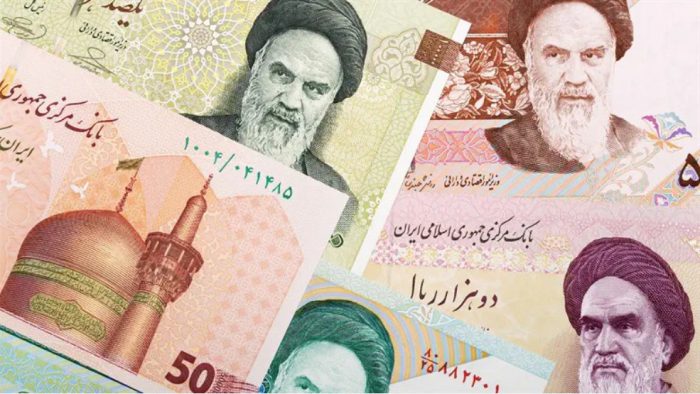Iran’s regime faces financial chaos as one of its biggest private banks collapses under $5.2 billion in losses, proving that sanctions and corruption are breaking the Islamic Republic from within.
In a shocking blow to Iran’s fragile economy, the regime has officially declared Ayandeh Bank, one of the country’s largest private financial institutions, bankrupt — an event Iranian media called “unprecedented in scale.” The bank’s operations and assets will now be absorbed by the state-owned Melli Bank, according to a report by AFP.
The move, announced Saturday on Iranian state television, underscores the deepening financial collapse of the Islamic Republic, already crippled by renewed UN sanctions, rampant corruption, and catastrophic economic mismanagement.
Founded in 2012, Ayandeh Bank once boasted a vast network of 270 branches, including 150 in Tehran, serving millions of Iranians. But behind its glossy façade, the bank was drowning in red ink — with $5.2 billion in accumulated losses and $2.9 billion in debt, as reported by Iran’s ISNA news agency.
Melli Bank’s director, Abolfazl Najarzadeh, confirmed that “the transfer from Ayandeh Bank to Melli Bank is now complete,” attempting to calm panicked depositors. The Central Bank of Iran has tried to reassure citizens that their deposits are safe — a claim greeted with widespread skepticism, given Iran’s history of covering up financial collapses.
The timing of Ayandeh’s downfall is telling. It comes just weeks after the United Nations reinstated sweeping sanctions on Iran in September, triggered by the E3 nations — Britain, France, and Germany — using the “snapback” mechanism under the 2015 nuclear deal. The decision followed Tehran’s continued defiance on uranium enrichment and its funding of regional terror proxies, including Hezbollah and Hamas.
Analysts say the bank’s collapse is a symptom of Iran’s deeper economic rot — a system drained by corruption, terror financing, and the regime’s obsession with regional dominance rather than domestic stability.
“This is not just a bank failure,” one regional economist told Israel National News. “This is the financial architecture of Iran starting to crack. The regime’s priorities — war, weapons, and ideology — have bankrupted the nation.”
As Tehran scrambles to maintain control of its banking system, ordinary Iranians are once again left paying the price for the mullahs’ reckless ambitions — proof that sanctions work, and that Iran’s terror-driven economy is finally collapsing under its own weight.





